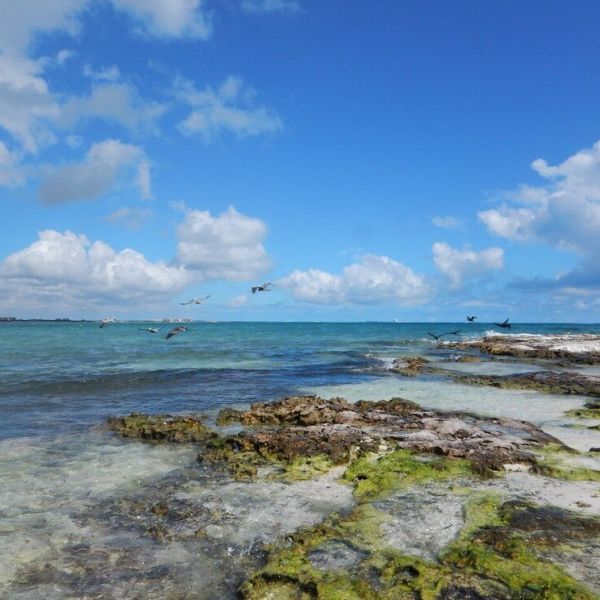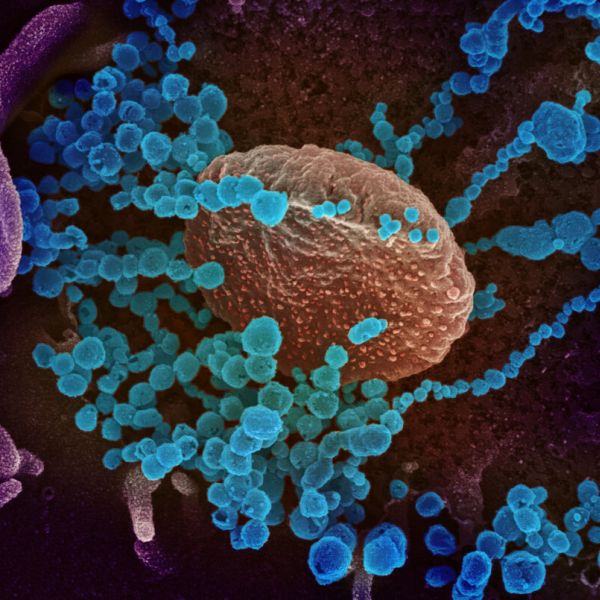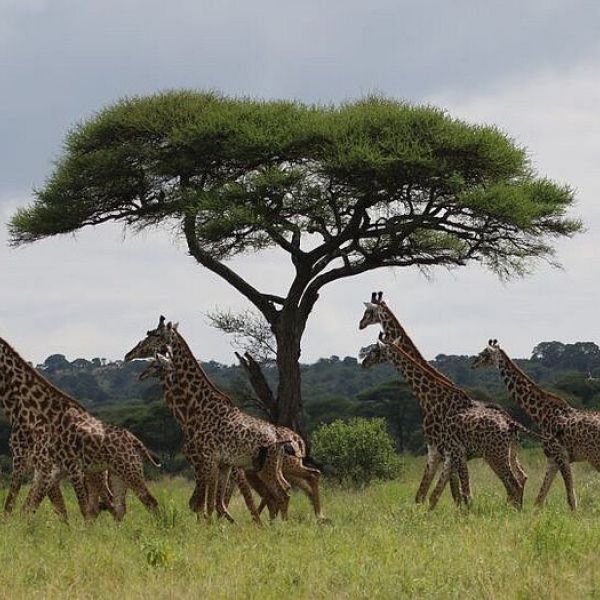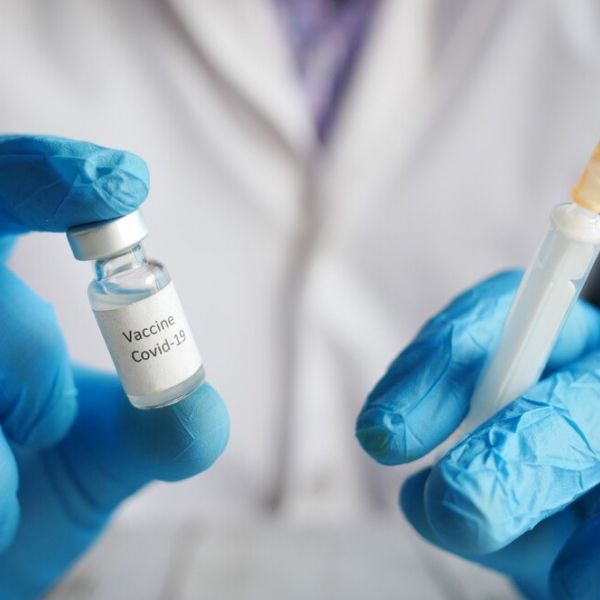News

Oct 05, 2021
Warm, wet autumn could mute and delay foliage display in Pennsylvania
Because of the warm, wet summer, trees in Pennsylvania are mostly in great shape. But for the state’s forests to exhibit their most vibrant colors, conditions need to be cooler and drier in the next few weeks, according to a Penn State expert.
Full Article

Oct 04, 2021
Vasant Honavar named Huck Chair in Biomedical Data Sciences and AI
Vasant Honavar, professor in the College of Information Sciences and Technology, has been named the Dorothy Foehr Huck and J. Lloyd Huck Chair in Biomedical Data Sciences and Artificial Intelligence by the University’s Huck Institutes of the Life Sciences.
Full Article

Sep 30, 2021
Coral microbiome is key to surviving climate change, new study finds
Researchers tease apart contributions of symbiotic bacteria and algae to corals’ heat tolerance and identify genes involved in stress response.
Full Article

Sep 29, 2021
New tool predicts changes that may make COVID variants more infectious
The first key step in SARS-CoV-2 infection is when the virus’ spike protein binds to the ACE2 receptor on human cells. Researchers at Penn State have created a novel framework that can predict with reasonable accuracy the amino-acid changes in the virus’ spike protein that may improve its binding to human cells and confer increased infectivity to the virus.
Full Article

Sep 28, 2021
Small but mighty: Microgreens go from trendy vegetables to functional food
Starting decades ago as fashionable, high-value gourmet greens, today microgreens have gained popularity among consumers for their nutritional profile and high content of antioxidant compounds. Now, a new study suggests that the tiny plants have the potential to help provide global nutrition security.
Full Article

Sep 27, 2021
Male giraffes are more socially connected than females
Although female giraffes have closer “friends” than male giraffes, male giraffes have more “acquaintances” than females, according to a new study by an international team that includes a Penn State biologist. The study demonstrates that giraffes form a complex multilevel society that is driven by differences in the social connections among individuals, which could have conservation implications for the endangered giraffes.
Full Article

Sep 24, 2021
When will the pandemic end?
The worst of the pandemic may finally be over, according to new modeling results from a consortium of researchers advising the U.S. Centers for Disease Control and Prevention. The team’s “COVID-19 Scenario Modeling Hub,” which is co-coordinated by researchers at Penn State, projects that COVID-19 cases will decrease across the United States, barring the emergence of any new variants or major changes in behavior.
Full Article

Sep 24, 2021
Past Winners and Current Contenders: IBC Fellows Compete in Nittany AI Challenge
Two IBC graduate student fellows, Edward Kwadwo Amoah and Codey Mathis, will be sharing their research in upcoming AI for Good Expo!
Full Article

Sep 24, 2021
Penn State experts to answer COVID-19 questions live Sept. 30 on WPSU
Penn State experts will answer community members’ questions about COVID-19 live during the fall premiere of WPSU’s “Conversation’s Live” on Thursday, Sept. 30.
Full Article

Sep 23, 2021
Getting racial equity research into the hands of policymakers
Racial inequities are enduring and pervasive problems in the U.S. that have been exacerbated by the COVID-19 pandemic and contribute to poor public health outcomes.
Full Article